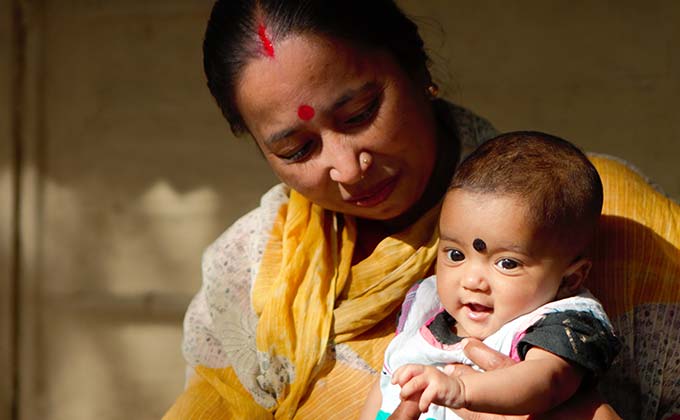Healthy Fertility Study

Location
Sylhet District, Bangladesh
Background
This study in Sylhet district, Bangladesh evaluated an intervention that integrated postpartum family planning within a community-based maternal and newborn health program to improve contraceptive use and birth spacing.
Study Objectives
- Measure contraceptive prevalence at six months and one year postpartum between the study and comparison areas
- Measure the reduction in the proportion of births spaced less than 24 months
Key Facts
- Short birth intervals put women at higher risk of maternal mortality, developing nutritional deficiencies, experiencing preterm births, and delivering babies that are low birth weight or small-for-gestational age
- Promoting contraceptive use in the postpartum period can help women space their pregnancies
- Longer birth intervals, on the other hand, improve child survival
- Integrating family planning and maternal and newborn health services can streamline service delivery and help maximize women’s reproductive health at critical times
- This quasi-experimental study tested an integrated package of family planning and maternal and newborn health in eight study areas, four intervention and four comparison clusters
- Community health workers visited homes across all study areas every two months to register women of childbearing age, identify pregnant women, make two antenatal home visits and three postnatal home visits to promote maternal and newborn care
- In the intervention study areas, behavior change communications messages related to postpartum family planning were intended to aid counseling and meetings
Principal Investigator
Abdullah H. Baqui, JHSPH
Local Principal Investigator
Dr. Rasheduzzaman Shah, JHSPH
Funding
- USAID
- MCHIP
